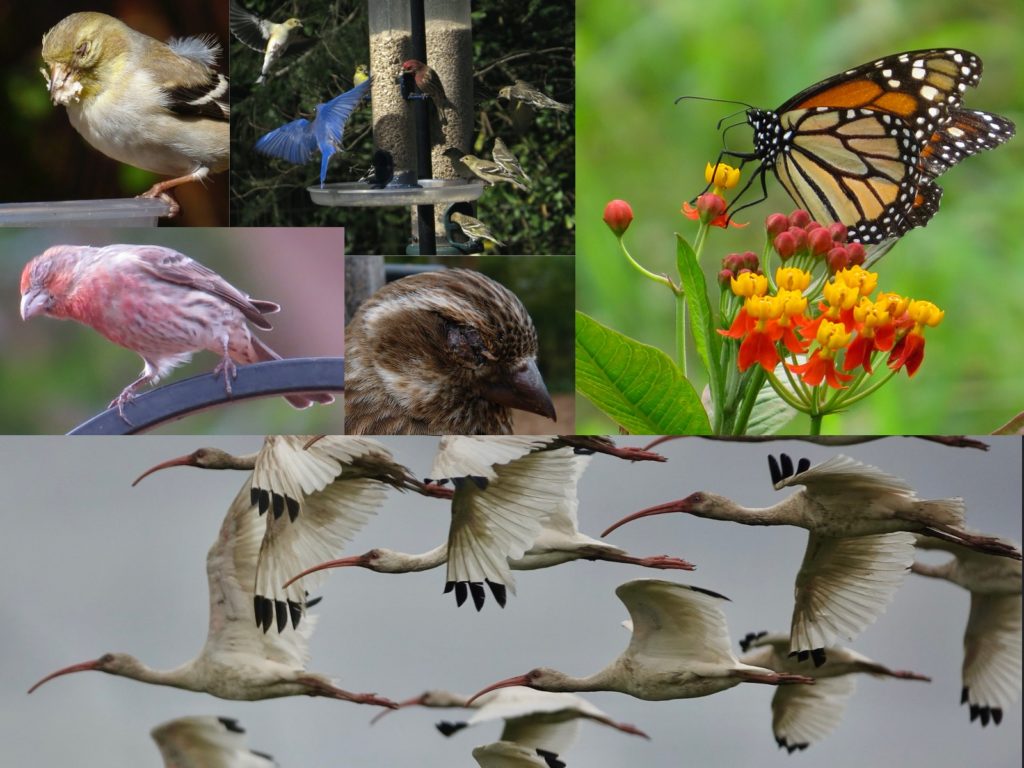Global change, animal movement and infectious disease dynamics
The Hall lab uses mathematical models to understand cross-scale processes relevant to host-parasite dynamics and animal movement. Recent projects in the lab seek to understand multiscale effects of land use change, resource subsidy and warming environmental temperature on these processes. Key topics we are addressing include:
- how the abundance, distribution and phenology of resources influence long-distance animal movement
- resource-dependent variation in behavior and immune defense and its consequences for pathogen transmission
- resource stabilization in urban habitats, loss of nomadic and migratory behavior and consequences for infection
- habitat and coinfection as cross-scale drivers of heterogeneity in transmission
- complex effects of temperature on host-parasite dynamics through effects on (ectothermic) host physiology and food resources
This theory is being developed and applied to a variety of animal-parasite systems, including migratory songbirds and butterflies, nomadic waterbirds, voles and shrimp.
